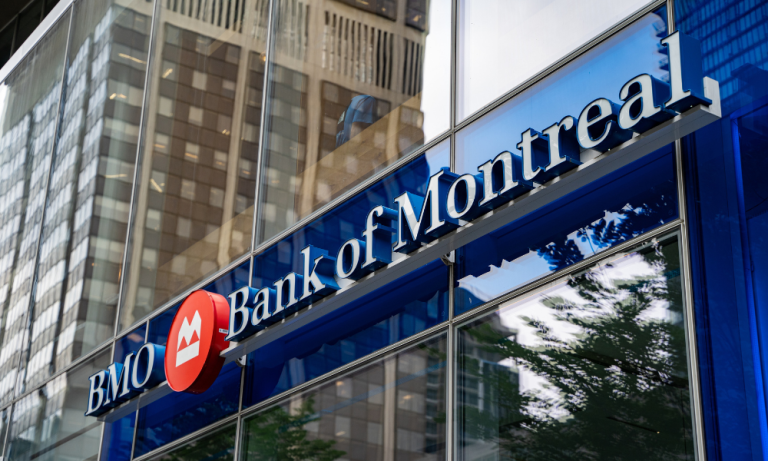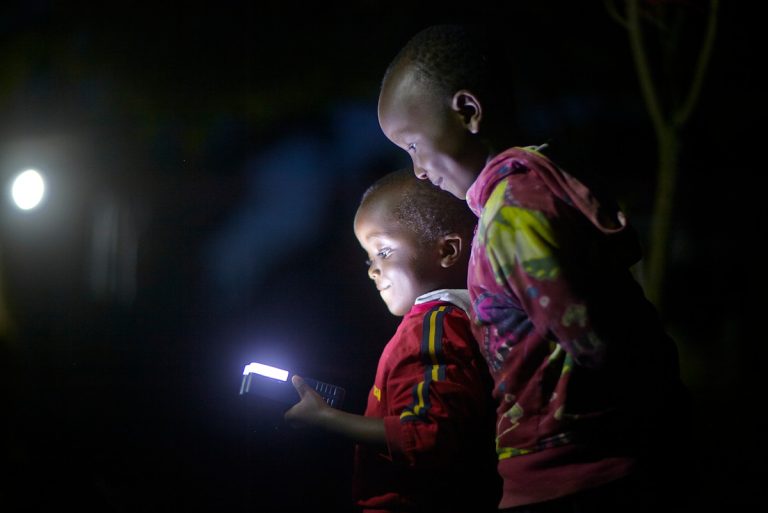
As Brazil prepares for the UN COP30 climate change summit in Belém, the first to take place in the Amazon region, Ambassador André Corrêa do Lago, COP30 president, has set three priorities for the host nation.
These goals include strengthening multilateralism, ensuring COP 30 outcomes are accessible to society, and moving climate solutions from negotiation to action.
His words have echoed previous calls, emphasising the importance of the concept called “Global Mutirão”. Originating from Tupi, “mutirão” means collective effort. It encapsulates the spirit Brazil wants to bring to COP30.
This involves Indigenous peoples, governments, civil society, and the private sector working together to co-create solutions that are concrete, replicable, and scalable.
The good news is that Brazil is not starting from scratch. Over the last few decades, the country has refined a portfolio of solutions that simultaneously advance nationwide decarbonization and deliver broad social and economic benefits.
These solutions were not built in silos but through coordination among major national players, reflecting the cross-sectoral collaboration Corrêa do Lago champions for COP30.
“
If successful, Belém will not only be the first COP in the Amazon – it may also be remembered as the moment the world inaugurated the decade of climate implementation.
In June, during London Climate Action Week, these solutions were compiled in Brazil’s Climate and Nature-Based Solutions, the first report to map more than 70 initiatives by phases- established, emerging, and promising – across agriculture, forests, energy, and the circular economy.
Among mature agricultural solutions is no-till farming with plant cover, a process that involves placing seeds directly into undisturbed soil and afterwards covering with plant matter to protect from erosion. Developed in the 1970s, it is now used in 95 per cent of Brazil’s crop production for its ability to store around 30 million metric tons of carbon in soils each year.
From the forest sector, ARPA – the Amazon Protected Areas Program – stands out as the world’s largest tropical rainforest conservation initiative. Since its creation in 2002, it has secured long-term financing for conservation units covering 62.5 million hectares.
Between 2008 and 2020 alone, ARPA areas are estimated to have reduced deforestation by 264,000 hectares, avoiding about 104 million metric tons of carbon dioxide. Its model is now inspiring replication in Colombia and Peru.
These established solutions show that conservation and value creation can advance together. With the right incentives, climate solutions reshape sectors while remaining economically viable. They also reflect Brazil’s unique advantages: a tropical climate, abundant biodiversity, and robust technical capacity.
But for more than 30 solutions still under development– including biodiversity credits – a clear and realistic route to financing is needed.
The challenge is to expand what works, align efforts across value chains, and attract early investment to build an ecosystem of proven solutions with impact in Brazil and beyond.
Here, philanthropy plays a catalytic role. By deploying flexible capital to de-risk early concepts, philanthropy creates pathways for larger investors.
This can take the form of concessional finance, guarantees, subsidies, or grants convertible into equity. The key is to transform pilot projects into scalable programs that reach producers, processors, and markets.
One recent example is the cocoa agroforestry expansion in Brazil’s Pará state. Led by Belterra, a company that partners with farmers to create new productive forest areas, degraded land is being replanted with diversified cocoa agroforests. It aims to expand from 4,000 hectares under contract to nearly 50,000 hectares by 2030.
With philanthropic support for preparation, technical assistance, and first-loss protection, the project unlocked public credit, secured carbon prepayments, and attracted about US$3.7 million in private investment – turning a promising idea into a functioning climate solution.
Still, philanthropy cannot act alone or remain bound by national borders. In 2023, global philanthropy allocated between US$9.3 and US$15.8 billion to climate mitigation, according to ClimateWorks Foundation.
Yet climate still represents only 2 per cent of global giving, and less than US$100 million reached Brazil – despite its role as a biodiversity powerhouse and global climate stabiliser.
This is where COP30 matters. Beyond negotiations, Belém must become a milestone of implementation – a turning point that accelerates real solutions.
To achieve Corrêa do Lago’s vision of a Global Mutirão, leaders must recognise what already works, mobilise philanthropic and financial capital at scale, and channel that model toward the emerging solutions now on the table.
Brazil has the assets to lead: clean energy, integrated agriculture, restoration technologies, traditional knowledge, and a vibrant civil society. What is needed is the imagination and commitment to turn them into a shared project of prosperity.
COP30 offers the opportunity to do just that. If successful, Belém will not only be the first COP in the Amazon – it may also be remembered as the moment the world inaugurated the decade of climate implementation.
This story was published with permission from Thomson Reuters Foundation, the charitable arm of Thomson Reuters, that covers humanitarian news, climate change, resilience, women’s rights, trafficking and property rights. Visit https://www.context.news/.




